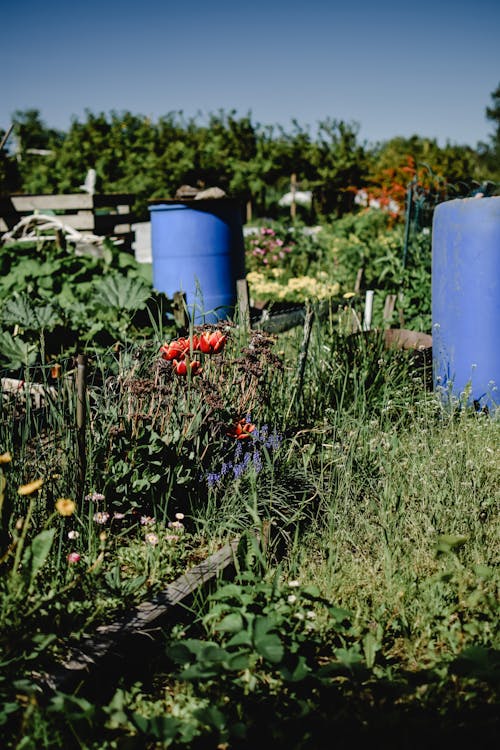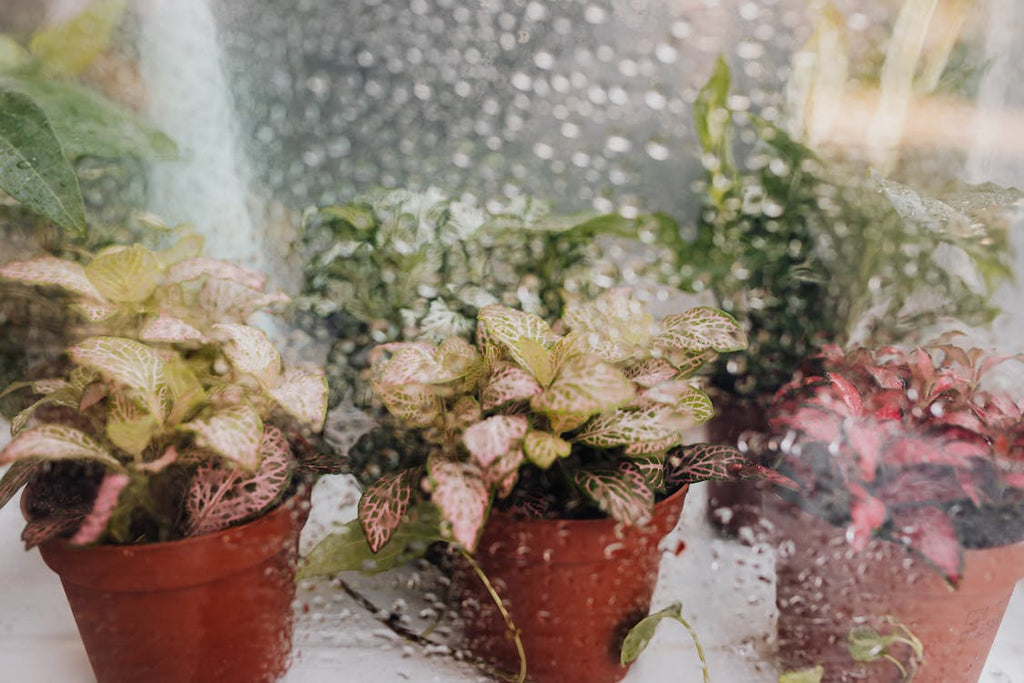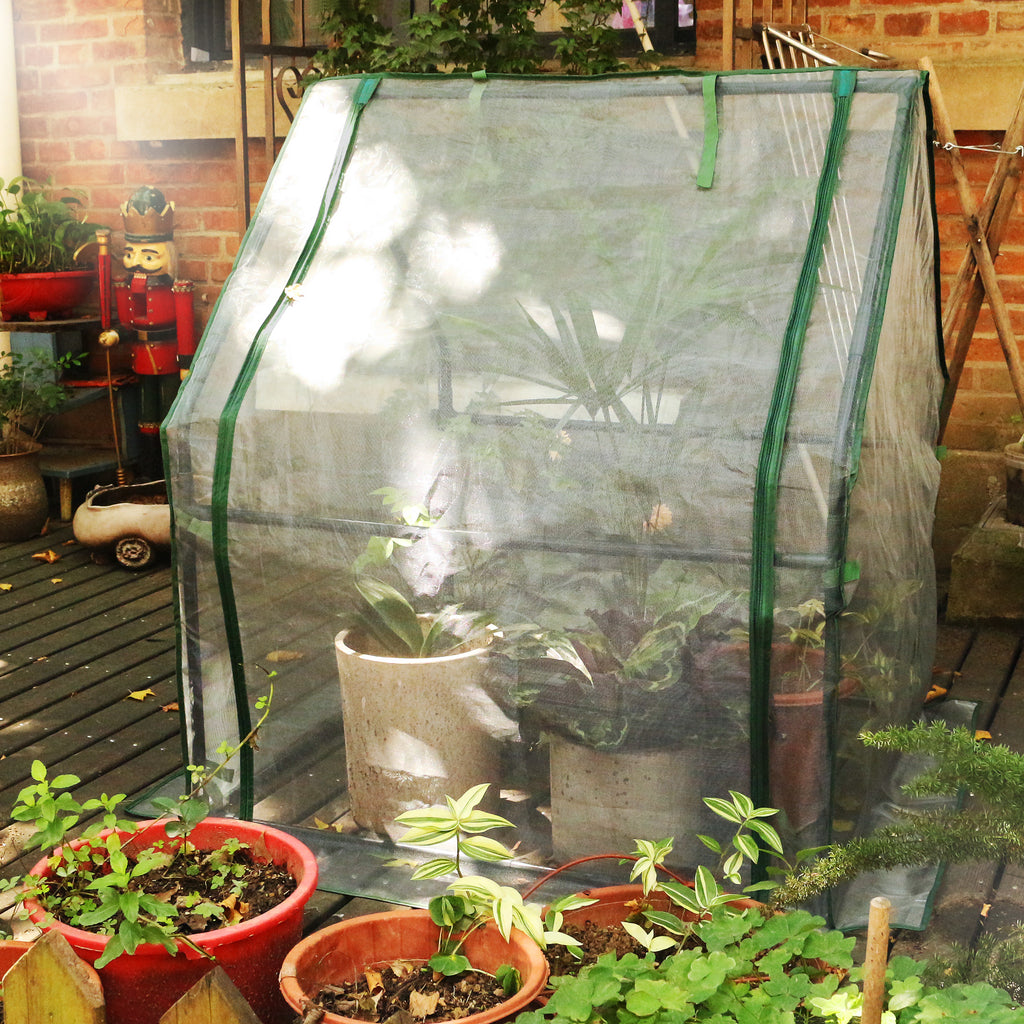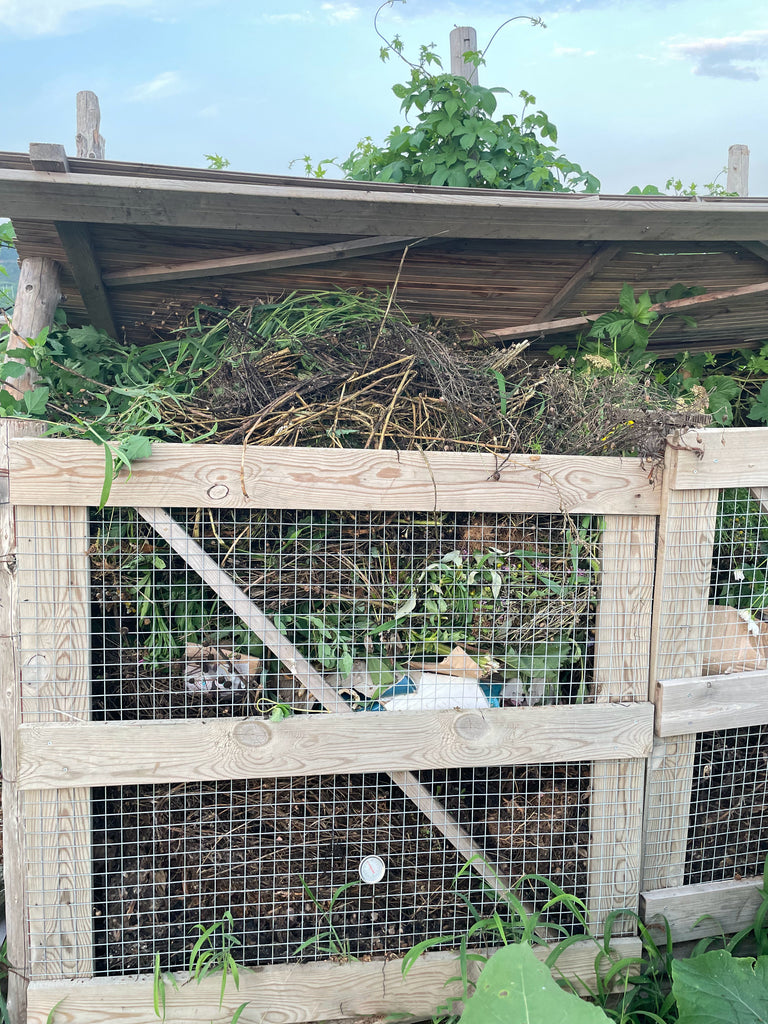
We get this question a lot at this time of the year—many of our North American readers are in the middle of their summer season and they want to know if it’s too late to start a garden. And the answer is . . . no! It’s never too late, nor too early, to start a garden—though you may need to adjust your expectations as gardening is shaped and driven by the seasons. Let’s dig in and take a look at starting a garden in the middle of summer, how starting a gardening in the off-season affects your gardening, and some garden projects you can do at any time for the year.

Starting a Garden in Summer
Gardens are typically best started in early spring, in order to take full advantage of the growing season. Many popular garden flowers and garden veggies need to start in the spring and established themselves over the course of the growing season for best results, and while that doesn’t stop us from starting a garden in June or July it does change how we go about it.
There are a couple of things to keep in mind when starting a garden in summer, namely your first frost date and the current weather. It’s an interesting balance—you want to start plants that will yield or flower before your first frost, but also plants that can grow and thrive in the heat of summer. This is more of an issue in some climates than in others; our Gardzen test garden is located in North Carolina, USA, and the hot summers can be a real challenge. Gardeners in more temperate climates might have an easier time.
So if you’re just starting your garden at the hottest time of the year, here are some tips to make it a little easier on yourself, and your plants. Let’s start with the soil—ensure that your soil is rich in compost or other organic matter, as that tends to hold more moisture and help plants cope with the heat. As you might expect, many plants will benefit from regular deep watering this time of the year! Starting plants in mid summer is best done with relatively mature seedlings or transplants. Starting seeds takes time, and puts you in a race against your last frost date and small seedlings often struggle in the heat. If you have a longer growing season, however, you can likely start fast-growing things like cucumber, squash, melons, and zucchini if you select the right varietals. You can also start the seedlings you’ll need for your fall and winter gardens—now is the right time so get those seeds and seed trays going!

Shade helps a great deal in the summer garden, particular for container plants. You can set up a sun shade over your plants, move containers into a shadier part of your garden space during a hot part of the day, or consider keeping plants inside as part of an indoor garden. Local knowledge helps here, so we encourage you to get in touch with your local extension office, garden club, or locally owned garden supply store.

Garden Projects For Any Time of the Year
Even if you decide that starting plants in the summer isn’t right for you, there are plenty of garden projects you can do at any time of the year. Unless you live near the arctic circle, it’s almost never a bad time to start a compost heap—if you do live near the arctic, get in touch as we’d love to hear about how you garden there! At any time of the year we can learn about local and native plants and how to incorporate them into our gardens, and start planning how we’ll implement our garden in the next season. Indoor gardening is an option we encourage people to explore—it’s easier than you might think and can be a rewarding gardening hobby. Finally, don’t forget the other creatures that share our garden spaces and consider providing food, water, and shelter for birds, animals, and bees and other insects.

Gardening is For Everyone and Anytime
There’s always something to do in the garden, and there’s always something you can do to get your garden started at any time of the year. If you got a late start, that’s OK—do what you can do, start to explore the world of gardening, and get started on your gardening journey!

Leave a comment